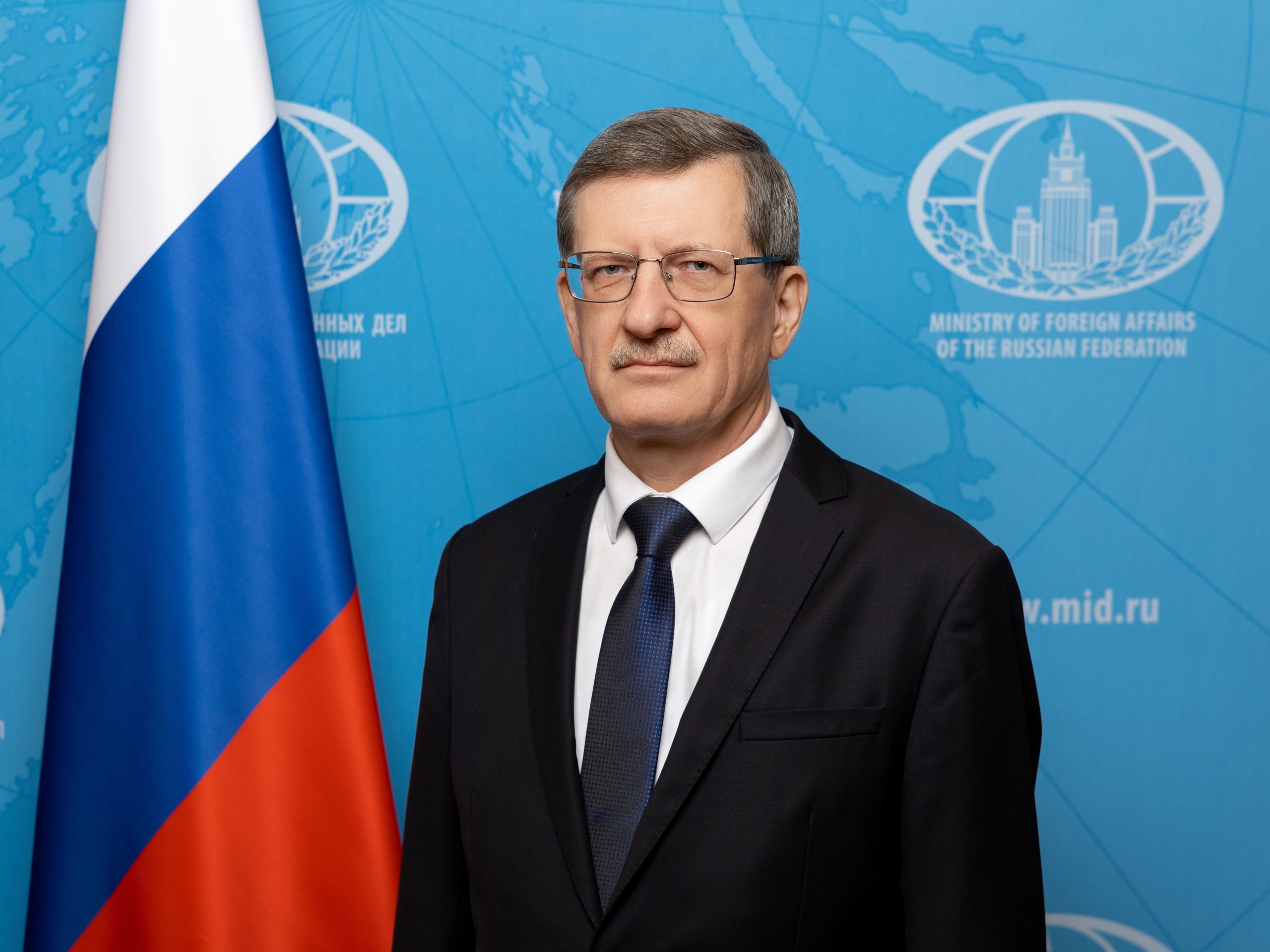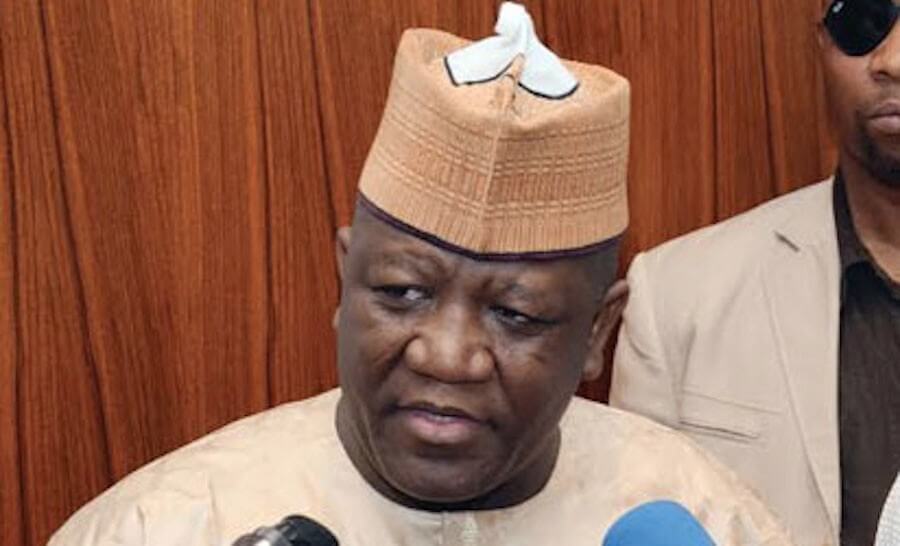At the just-concluded Solid Minerals Ministerial–Legislative Retreat in Abuja, Senator Natasha Akpoti-Uduaghan called for greater transparency, accountability, and openness in Nigeria’s solid minerals sector, a vital pillar of the nation’s economic diversification drive that she described as “clouded by opacity.”
The Kogi Central lawmaker urged the Federal Ministry of Solid Minerals Development to publish all Memoranda of Understanding (MoUs), contracts, and partnership agreements signed with local and foreign entities, insisting that Nigerians deserve to know how their natural resources are being managed.
“We would like them to be made available to Nigerians — for us in the National Assembly and to Nigerians,” Akpoti-Uduaghan said.
“We would appreciate if you deploy the Freedom of Information Act because we are in an age where transparency must not just be a slogan but a standard of governance.”
She noted that publishing MoUs and partnership details on the Ministry’s website would build public trust, strengthen accountability, and attract responsible investments into the country’s growing extractive industry.
“We cannot begin to demand accountability if transparency is not in place,” she stressed. “Making these MoUs public will allow Nigerians to hold both government and investors responsible for the stewardship of the nation’s resources.”
Highlighting her constituency’s plight, Akpoti-Uduaghan lamented the paradox of poverty in resource-rich areas such as Kogi Central, which boasts over 52 solid minerals in commercial quantities yet remains economically marginalized.
“We are a people impoverished in the land of plenty,” she said. “Each time I meet with my communities, I am constantly asked when and how we will begin to benefit from the abundant minerals beneath our feet.”
She revealed that some precious stones — including ruby, emerald, and tourmaline — are already being mined in states like Cross River without clear evidence of government revenue or public benefit.
“It was shocking to learn that such precious stones are being mined and traded while the nation derives little or no benefit. We cannot continue like this,” she declared.
While commending the Minister of Solid Minerals Development for ongoing reforms, Akpoti-Uduaghan cautioned that the drive for speed should not undermine prudence and due process.
“May I applaud the Honourable Minister? His initiative is driving speed, but we must be careful,” she warned. “We must meticulously cross the T’s and dot the I’s so that we do not fall into the same pitfalls that befell the oil sector.”
She emphasized that lessons from the petroleum industry’s mismanagement and environmental degradation should guide the emerging solid minerals roadmap, calling for proactive policy, community participation, and strong legislative oversight.
Raising a fiscal transparency concern, the senator also questioned the management of the National Resources Fund, which receives 1.68 percent of special funds from the Consolidated Revenue Fund.
“I would like to know how much we have generated into the National Resources Fund over the past three years, and what the current balance stands at,” she queried. “These are public funds, and Nigerians deserve to know how they are managed.”
Her remarks drew nods of agreement from lawmakers and participants, underscoring a growing consensus for stronger oversight of the extractive industries.
Senator Akpoti-Uduaghan’s intervention reflected the broader sentiment of the retreat that transparency remains the foundation of accountability, and that Nigeria’s solid minerals sector must be built on openness, fairness, and public trust.
“We are in the digital age,” she concluded. “It won’t take much to publish all this information on your websites. When government begins to disclose its engagements, Nigerians can finally say: yes, our government is transparent.”






